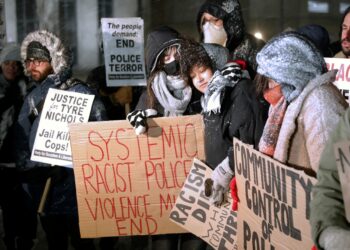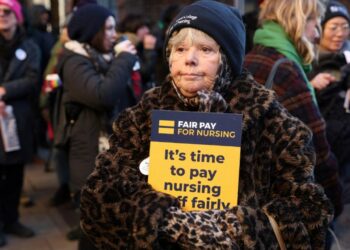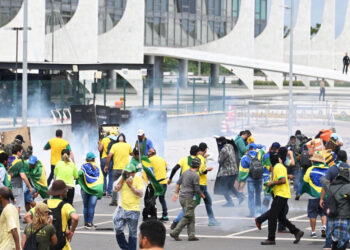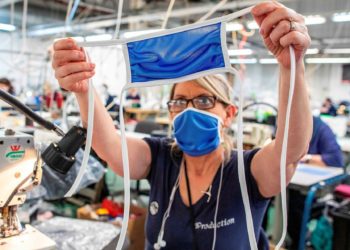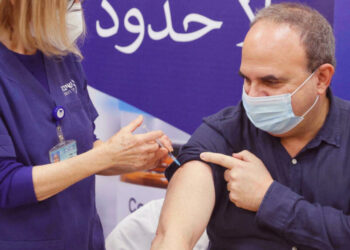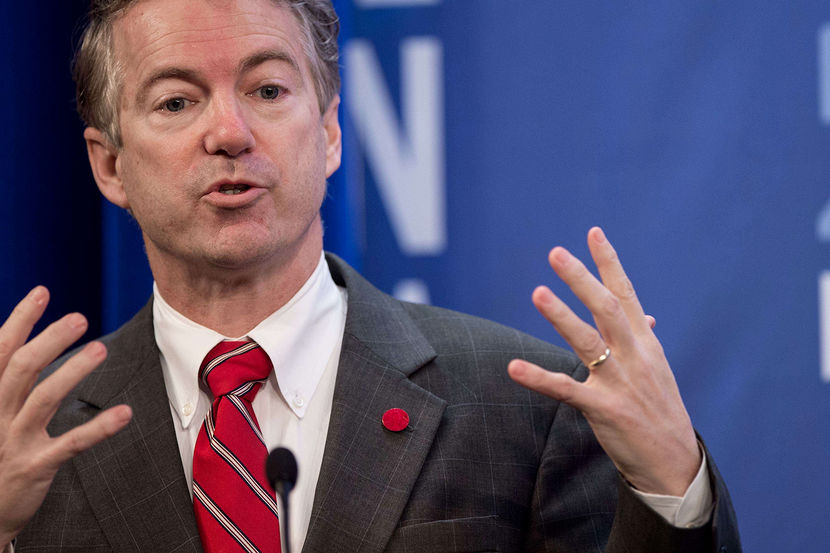In the second night of protests against Serbian President Aleksandar Vucic‘s handling over the coronavirus, demonstrators on Wednesday briefly breached the Serbian Parliament building before being pushed out by police. Frustrated Serbians took to the street because of the reintroduction of strict lockdown measures due to the country’s rising infections.
The day before, President Vucic announced that gatherings over five people would be banned and that a curfew would be imposed from Friday night to Monday morning.
Shortly after the announcement, unrest broke out in the capital Belgrade, where demonstrators were met with police violence. Multiple incidents of officers beating protestors with batons were filmed.
https://twitter.com/bato66961089/status/1280648329974755329?s=20
In response, Vucic asked the public to not “make heroes” out of protesters being beaten. On Wednesday, the president backtracked on his earlier announcement that a curfew would be imposed, saying that there would probably be no curfew.
Protesters Blame Vucic
Protesters said they were not necessarily angry with the new lockdown, but rather with Vucic’s handling of the virus. Additionally, they voiced their frustration with the parliamentary elections of last month that they perceived as illegitimate and which were boycotted by most of the opposition.
Vucic had imposed some of the strictest lockdown measures in Europe in March but chose to reopen Serbia in early May. He reversed all restrictions overnight, including social distancing measures, and allowed crowded sporting games and nightclubs to reopen.
https://twitter.com/lonelysinceNY/status/1281214583030464512?s=20
Dragana Grncarski, a fashion events manager who protested on both Tuesday and Wednesday, told the New York Times that the lockdown wasn’t the problem, but rather poor governmental management.
“When it suits them to do elections, there is no corona,” she told the newspaper. “They organized football matches and tennis matches, and because of that we have a situation where the hospitals are full.”
Opposition Leaders Express Concern
Opposition to Vucic’s Serbian Progressive Party argue that his failure to institute a gradual reopening has lead to a spike in cases.
Dragan Djilas, the leader of the Union for Serbia Coalition that boycotted the elections, told the Associated Press that the elections were held despite public health risks and lack of democratic standards, thus motivating Serbians to protest. “Serbia unequivocally said ‘no’ to Aleksandar Vucic,” he said.
The US Embassy in Serbia said it was deeply concerned by the incidents of police brutality and condemned all violence. It added that the right to peacefully assemble and freedom of expression are foundations of a democracy.
New demonstrations are expected tonight.



